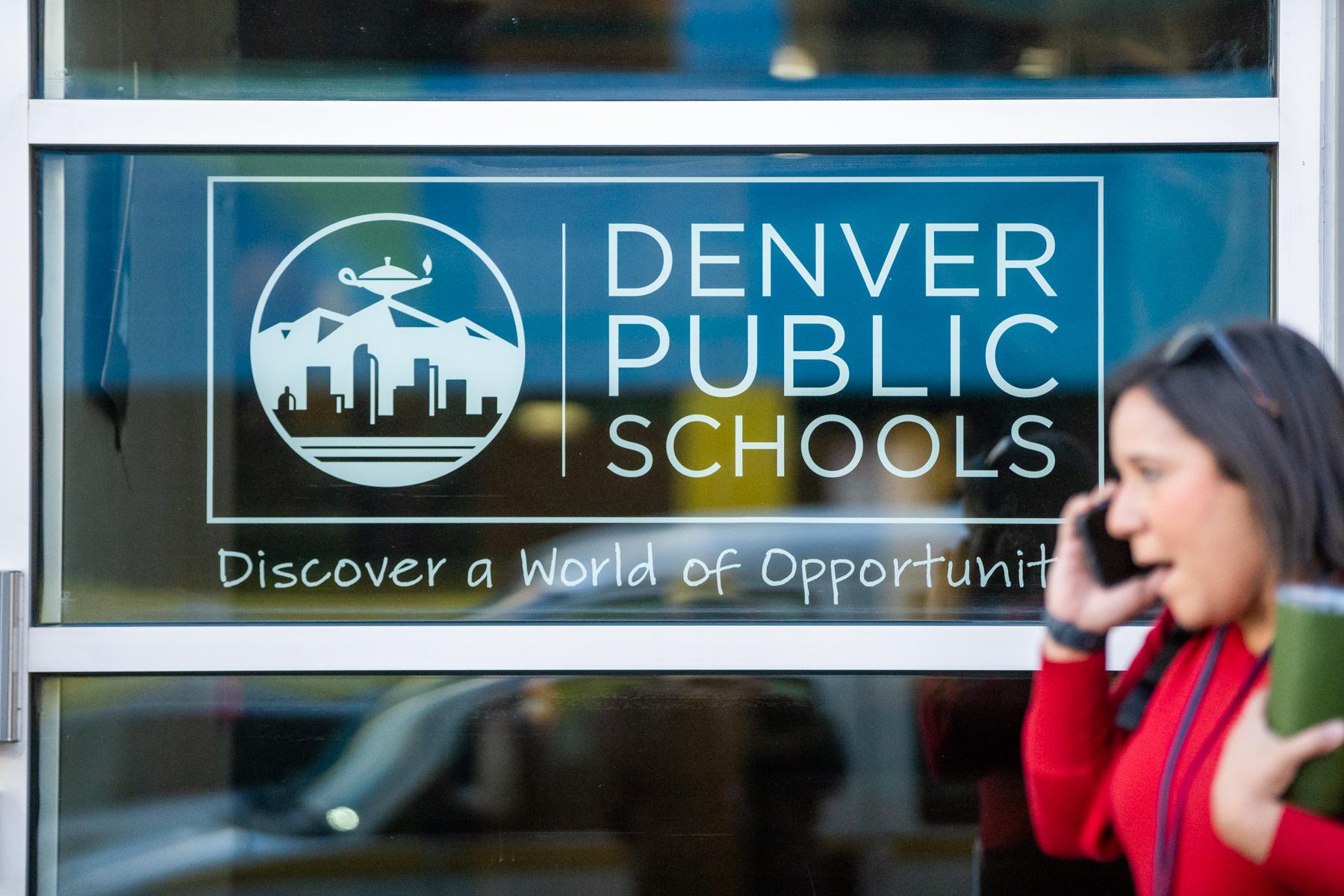
Denver Public Schools systematically failed to implement federally required education plans for more than 1,000 students in 28 schools who require speech and language services, according to a finding by a state complaint officer with the Colorado Department of Education.
The district acknowledged gaps in speech and language services at several schools and attributed them to a nationwide shortage of speech and language specialists.
Colorado ruled the district denied a free and appropriate public education to one child named in the complaint, but also failed to provide more than 1,000 students with the number of required minutes of services outlined in their education plans from Jan. 17, 2022, to the present.
The district said it is working to resolve the challenges through a variety of efforts.
“We know that staffing shortages negatively impacts our students' growth and progress on their goals, which is something we strive to avoid at all costs,” the district said in a statement. “We are committed to addressing the remedies outlined by the CDE (Colorado Department of Education.)”
The organization that filed the complaint on Jan. 17, AdvocacyDenver, which advocates for students with disabilities, is aware of shortages but also pointed to actions of past district administrations.
“We hope the decision sparks the district’s thinking about staffing issues that are not specific to the pandemic, but rather speak to the culture of the district,” said Pam Bisceglia, executive director of AdvocacyDenver.
Bisceglia said she has observed an exodus of special education teachers and related service providers over the past decade. She alleges during the decade of a previous superintendent, Tom Boasberg, millions of dollars were cut out of special education budgets. The state reimburses districts a fraction of what it costs to educate special education students.
“As caseloads, workloads and culture became impossible, some providers left the field, or moved to other school districts,” she said. “The current superintendent and leadership have an opportunity to forward a different culture.”
AdvocacyDenver filed the complaint on behalf of a family of a 6-year old child who uses a device to communicate. It said the child had not received the required minutes of services from August 2022 to the day the complaint was filed.
His “language delays impact his ability to communicate his wants and needs at school, to express his ideas, and to demonstrate his knowledge within the classroom,” as well as his ability “to participate effectively in conversations and learning activities,” the decision stated.
The state found that 13 elementary schools didn’t have a special and language pathologist providing any services for at least one full semester during this school year. Those schools served 533 students who required services. It found another 432 students in another 13 schools didn’t have a speech language pathologist for weeks or months during the same school year. In all, more than 1,000 students have been impacted by vacancies, the decision stated.
As of March 1, nine schools have open speech and language pathologist positions. The district has reached out to retired specialists to encourage them to return and has had some success hiring tele-therapists to fill vacancies. It has also been working with agencies to hire contract speech and language pathologists. District speech language pathologists have an average caseload of about 55.
The complaint officer, recognizing the challenging situation the district is facing, said in the ruling that it doesn’t excuse a district from the obligations under federal disability law. She ordered the district to provide compensatory services to the affected families.
Outside of the investigation, DPS has provided some families with funds to pursue outside services.
The district has until April 18 to submit a corrective action plan to the state. In a statement the district said it will continue to examine and improve its approach for staffing in preparation for next school year.









